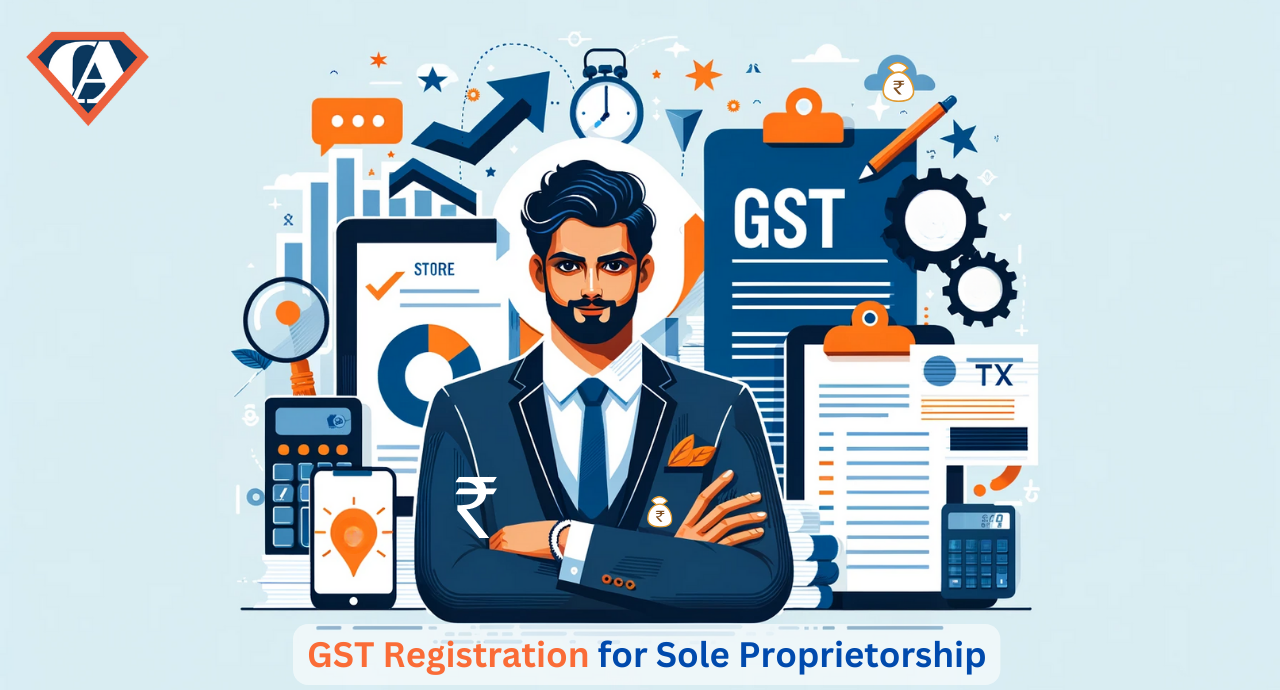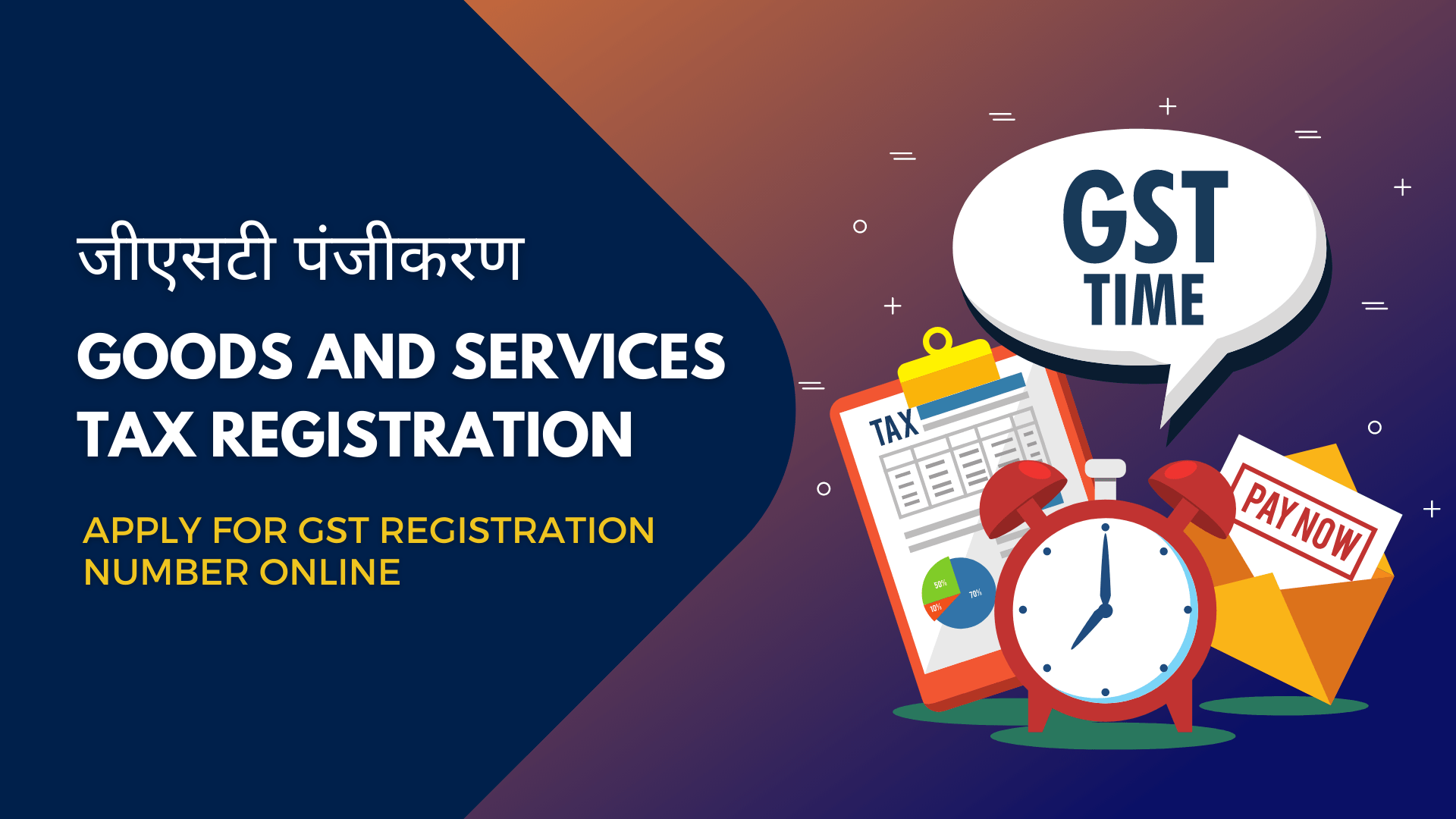Browsing the Intricacies of GST Registration: Professional Tips and Ideal Practices for Smoother Conformity
From understanding registration needs to using technological tools for streamlined processes, the trip towards smoother GST compliance is multifaceted and nuanced. Stay tuned to reveal important techniques and understandings that can aid organizations guide through the complexities of GST registration with finesse and self-confidence.
Comprehending GST Registration Demands

Along with turn over limits, companies participating in interstate sales or supplying taxable solutions might additionally be needed to sign up for GST, even if their turn over is below the suggested limit (Singapore GST Registration). Understanding these thresholds and requirements is essential to stay clear of charges and make certain smooth procedures within the lawful framework
Furthermore, companies should collect and prepare the necessary paperwork, such as proof of identity, address, service unification, and checking account details, prior to starting the GST registration process. Stopping working to supply accurate info or meet the enrollment target dates can result in penalties or various other legal consequences. Services ought to stay notified regarding the specific GST registration needs relevant to their operations to preserve compliance and stay clear of prospective issues.
Organizing Vital Paperwork
Organizations embarking on the GST registration procedure must meticulously compile and arrange the important paperwork required for submission. The vital documents commonly required for GST registration consist of proof of service enrollment or unification, address and identity evidence of the company proprietors or partners, savings account information, evidence of primary business, and permission forms. Making certain that these documents are easily available and organized can improve the registration process and prevent delays or beings rejected.
To effectively arrange crucial documents, businesses need to create a centralized system for keeping and categorizing the called for documentation (Singapore GST Registration). Utilizing electronic storage solutions can help maintain easy access and make sure that files are securely saved. Additionally, developing a list of all required documents can act as a useful tool to track what has been collected and what is still required for entry

Leveraging Technology for Efficiency
Enhancing functional efficiency with technical assimilation is paramount for contemporary businesses navigating the intricacies of GST enrollment. One of the crucial means modern technology can aid in GST registration is with the use of automated software options.
Furthermore, technology can promote seamless interaction with tax authorities. On the internet sites and interaction devices make it possible for services to submit records, solve queries, and obtain updates in a more efficient manner. This not just accelerates the enrollment procedure however likewise aids in keeping dependable and clear communication with the pertinent authorities.
Additionally, cloud-based storage space services supply a safe and secure platform for services to shop and access their monetary data, ensuring conformity with GST record-keeping requirements. By systematizing data storage space and automating procedures, organizations can boost their page total effectiveness and precision in GST registration procedures.
Proactive Conformity Tracking

To make sure efficient aggressive conformity tracking, services should establish durable interior controls, conduct regular audits, and leverage automation tools for real-time tracking of GST purchases. Normal training sessions for employees on GST conformity needs can likewise aid in producing a culture of compliance within the organization. Furthermore, involving with tax professionals or specialists can provide important understandings and support on navigating complex GST policies.
Engaging With Expert Professionals
Involving skilled tax experts can dramatically reinforce a firm's understanding and compliance with complex GST laws. Professional professionals bring a riches of understanding and experience to the table, helping organizations browse the intricacies of GST registration easily. By leveraging their experience, business can make sure accurate filings, minimize the threat of mistakes, and stay current with the most current governing adjustments.
When involving with expert consultants, it is necessary to select experts with a solid go to my blog track record in GST compliance (Singapore GST Registration). Look for professionals that have a deep understanding of the relevant regulations and guidelines, in addition to experience functioning with services in your industry. Effective interaction is type in this partnership, so make certain to plainly specify your expectations and establish regular touchpoints to talk about progress and address any type of issues
Moreover, specialist consultants can provide important understandings and suggestions on optimizing your tax approach, identifying prospective cost-saving chances, and enhancing your conformity processes. Overall, purchasing specialist working as a consultant solutions can go a lengthy way in making certain smoother GST compliance and avoiding costly mistakes.
Final Thought
In verdict, navigating the complexities of GST registration calls for a thorough understanding of the needs, organization of important paperwork, leveraging innovation for performance, aggressive compliance surveillance, and interaction with professional professionals. By adhering to these best methods, businesses can ensure smoother compliance with GST policies and prevent possible fines or penalties. It is crucial to remain educated, positive, and persistent in managing GST registration to maintain compliance and this link support financial honesty.
To guarantee compliance with tax obligation laws, companies must thoroughly understand the intricate requirements for GST registration. Goods and Provider Tax (GST) is a value-added tax obligation levied on most goods and services in a nation, making it crucial for businesses to register for GST to stay clear of legal consequences.Furthermore, companies need to collect and prepare the needed paperwork, such as proof of identity, address, company incorporation, and financial institution account information, prior to starting the GST registration procedure. Businesses must stay informed regarding the particular GST enrollment demands relevant to their procedures to preserve conformity and stay clear of potential problems.
The key files usually required for GST enrollment consist of evidence of company enrollment or identity, address and unification proofs of the company owners or companions, bank account information, evidence of major place of service, and consent types.